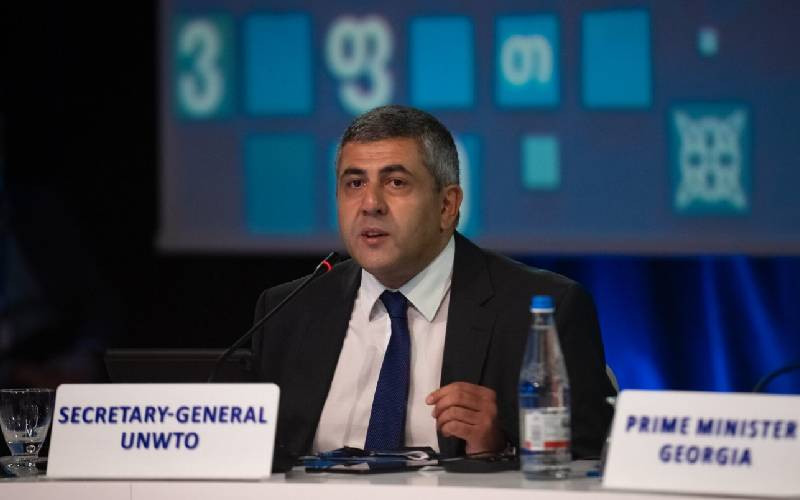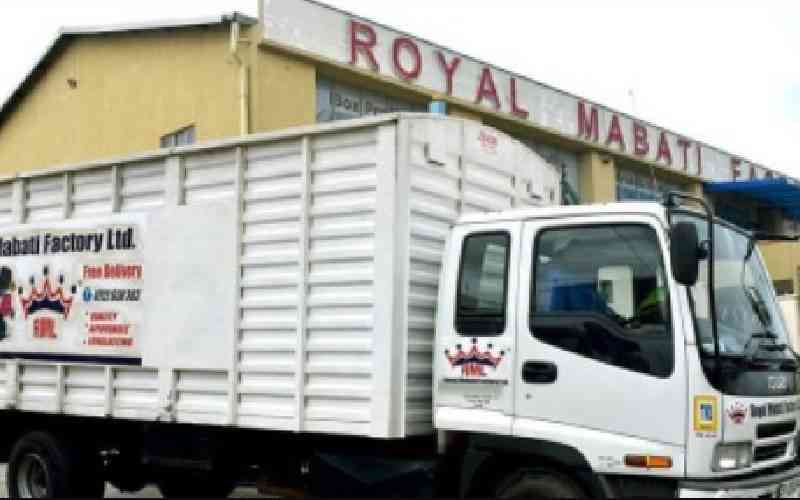If you drink alcohol, smoke or plan to import a second-hand car, be prepared to dig deeper into your pocket to afford the luxury.
Following amendments to the Finance Bill, 2019, from a parliamentary committee, taxes on these products, among several others, are set to go up in a bid to grow the Government’s earnings.
“Excise duty on tobacco and alcoholic products has been increased by about 21 per cent,” the amendments read in part. During his Budget speech in June, suspended Treasury Cabinet Secretary Henry Rotich had proposed a 15 per cent increase.
The new pricing for these products is expected to be implemented from October 1 to adjust for inflation. The Treasury estimates the increase will net Sh4.6 billion in additional revenue.
Cheap imports
In amendments set to be tabled in the House, the parliamentary committee on finance and planning also proposes to increase excise duty rates for imported vehicles exceeding 1500cc to 25 per cent, up from the current 20 per cent.
For diesel-powered vehicles, excluding tractors, and petrol cars more than 3,000cc, the duty has been put at 35 per cent, up from 30 per cent.
According to Parliament, this move is meant to protect local motor vehicle assemblers from cheap imports, and encourage local manufacturing.
The committee also proposed the introduction of turnover tax at a rate of 3 per cent of the money a business makes, as long as its annual turnover does not exceed Sh5 million. This is aimed at getting more informal businesses into the tax bracket.
Trading licences
An attempt to introduce turnover tax in 2017 flopped after challenges in tax administration saw the levy scrapped last year. This year, the Treasury said it would lean on county governments to help collect the tax.
In the report released on Tuesday, MPs proposed that a presumptive tax of 15 per cent of the amount that businesses pay for permits or trading licences from county governments be used to enforce compliance.
The presumptive tax will be considered an advance tax and will be deductible from turnover tax. The Treasury is looking to collect Sh196 million from the informal sector under this tax model.
At the same time, the parliamentary committee proposed amnesty on any fees and penalties a business may have accrued in the previous two years if it lists at the Growth and Enterprise Market Segment (GEMS) of the Nairobi Securities Exchange.
Treasury hopes this will raise Sh1 billion for the taxman, as well as get more companies to go public at the bourse.
“Companies that delist from the exchange in which it is listed before the end of five years from the date of listing shall be assessed for all taxes penalties or interest for the years it was in operation prior to the listing,” note the amendments.
The MPs also sought to lower the VAT withholding rate from 6 per cent to 2 per cent.
“The current withholding VAT rate ... has created perpetual credit positions and cash flow challenges for some taxpayers.”
 The Standard Group Plc is a multi-media organization with investments in media
platforms spanning newspaper print operations, television, radio broadcasting,
digital and online services. The Standard Group is recognized as a leading
multi-media house in Kenya with a key influence in matters of national and
international interest.
The Standard Group Plc is a multi-media organization with investments in media
platforms spanning newspaper print operations, television, radio broadcasting,
digital and online services. The Standard Group is recognized as a leading
multi-media house in Kenya with a key influence in matters of national and
international interest.
 The Standard Group Plc is a multi-media organization with investments in media
platforms spanning newspaper print operations, television, radio broadcasting,
digital and online services. The Standard Group is recognized as a leading
multi-media house in Kenya with a key influence in matters of national and
international interest.
The Standard Group Plc is a multi-media organization with investments in media
platforms spanning newspaper print operations, television, radio broadcasting,
digital and online services. The Standard Group is recognized as a leading
multi-media house in Kenya with a key influence in matters of national and
international interest.









